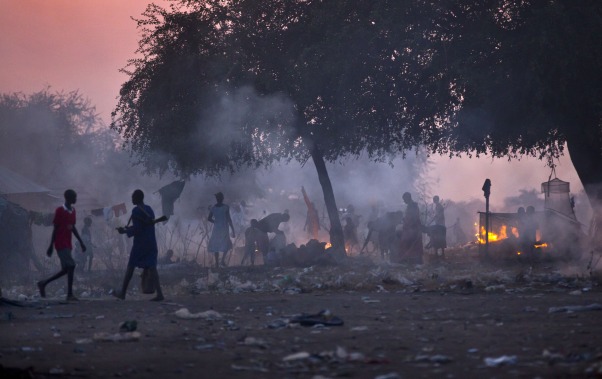
Editor's Note: This post originally appeared on The New York Times' Room for Debate.
Undeniably, South Sudan's leaders have benefited from strong allies within the American foreign policy establishment. As the world's youngest country goes through its first major test, those same allies have a responsibility to the country's people. While the release of political prisoners and a quick and dirty power sharing deal may be appealing, the U.S. must throw its weight behind an inclusive national dialogue.
If mediators focus too much on allocating power between combatants, they miss this chance to push South Sudanese elites to commit to a real and lasting reform agenda based on inclusive consultation.
Two-thirds of South Sudanese interviewed in a nationwide survey conducted last spring confirmed that they thought their lives were either better or much better than they were before independence. Still only 47 percent of those surveyed thought their country was headed in the right direction. Although both sides pay lip service to the need for party and governance reform, it's unlikely that either of the armed combatants will see inclusive dialogue as in their interests. External pressure will be essential to make sure this happens.
Even before the outbreak of violence in December, South Sudan was only at an uneasy peace with itself. Now, pre-existing fault lines have erupted. Social cohesion is weakening as leaders use ethnicized rhetoric to mobilize political constituencies. Still, the silver lining is that this crisis offers the international community an opportunity to ask that South Sudan's leaders critically reevaluate their country's governance structures.
Of course, an agreement between Kiir and Machar is a necessary precondition to end the fighting. But talks must accomplish much more than that. If mediators focus too much on allocating power between combatants, they miss this chance to push South Sudanese elites to commit to a real and lasting reform agenda based on inclusive consultation. Already, South Sudanese have begun these discussions. Initiatives like Fresh Start South Sudan demonstrate the hungry appetite for real reform. In South Sudan, its time to listen to those who aren't carrying guns.
Read insight from the full panel of debaters on The New York Times.
Photo: Displaced South Sudanese civilians prepare to sleep in the open at night in the town of Awerial, South Sudan (AP).

